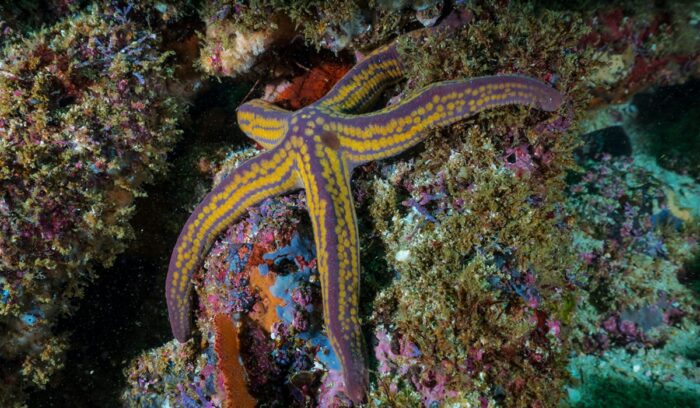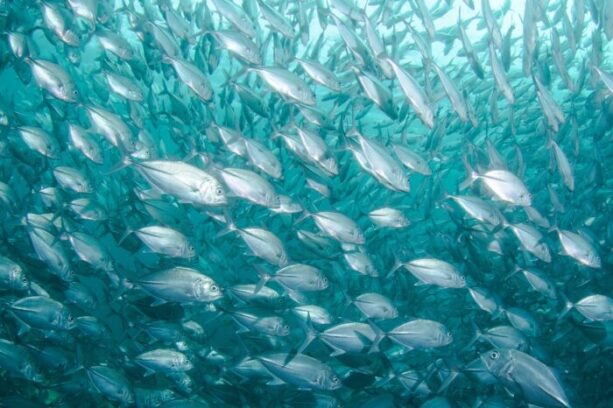Lab-grown starfish released into wild for the first time ever, saving species from extinction
Due to sea star wasting disease, lower oxygen levels in seawater, and rising temperatures, starfish populations are at risk around the globe. Across the last decade, the sunflower star population plummeted by over 90%. Fortunately, in 2019, marine biologist Jason Hodin stepped up to save the sea stars from extinction. At the University of Washington’s Friday Harbor Labs, Hodin has carefully grown and raised several generations of sunflower starfish in a controlled environment, breeding them from a select sample of starfish he rescued from the harbor five years prior.




